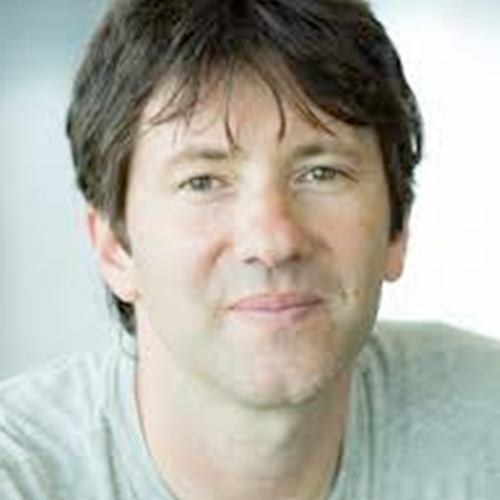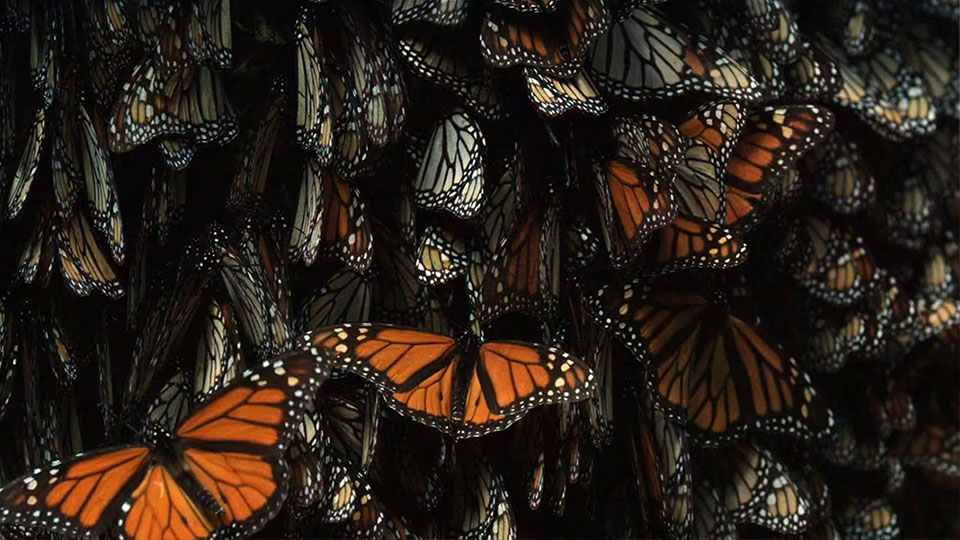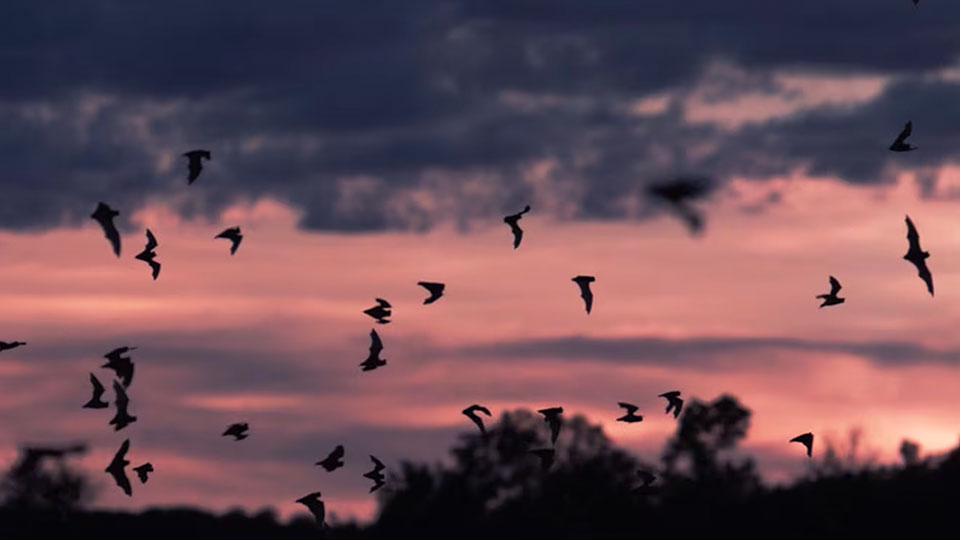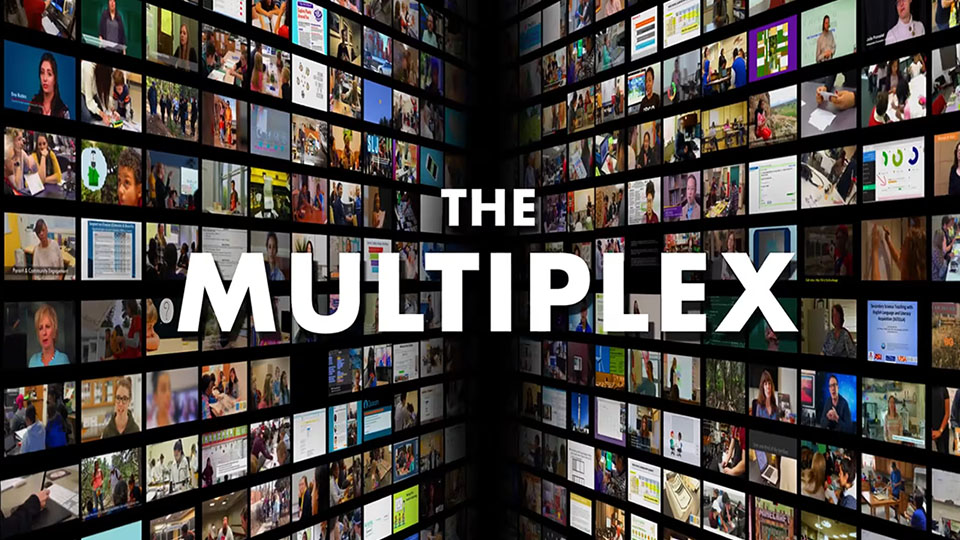iSWOOP2.0
Description
This year is the National Park Service centennial. In its second century what if its millions of visitors — families, seniors, college friends out to climb, fish, or gaze at stars — encounter science with a compelling story, scientists’ visualizations that complement the scenery, and an invitation to connect the science to their own lives? Park by park, iSWOOP plans to uncover the science and why it matters, with educators, scientists, park rangers, and visitors all in the conversation. It’s the iSWOOP way.
NSF Award: 1514776
Discussion
This discussion took place during the TERC Video Showcase Event Nov. 14-21, 2023. Discussion is now closed.
Share This Page:







I am curious if ISWOOP has changed the way the Park Service scientists. design or present their work?
Wow it’s been a while! Nice to see your name and thoughtful question here.
Every year there are about 3,000 scientists who do research in national parks. The scientists we did help were pretty keen to share ideas with others and did so on their own initiative at conferences like ESA. Since we can’t be everywhere, we documented our approach in an article for the Society for Integrative and Comparative Biology and for interpreters in Legacy Magazine. We are circulating some tips for park rangers to remind them that they can influence how scientists present their work.